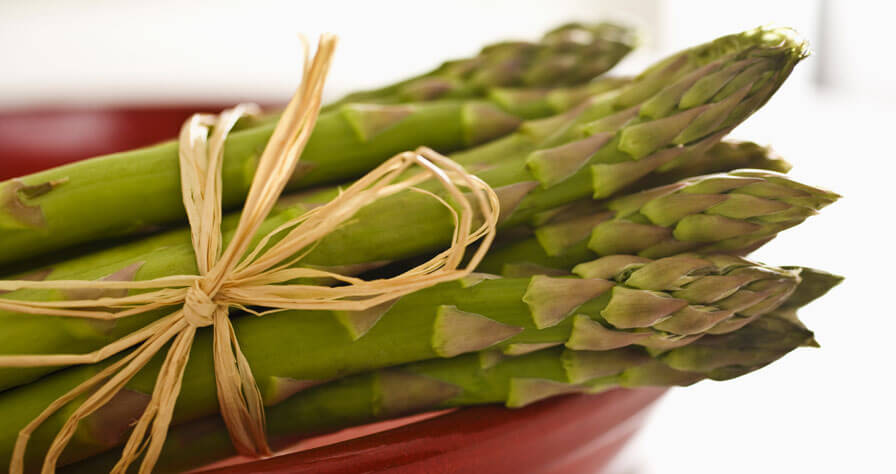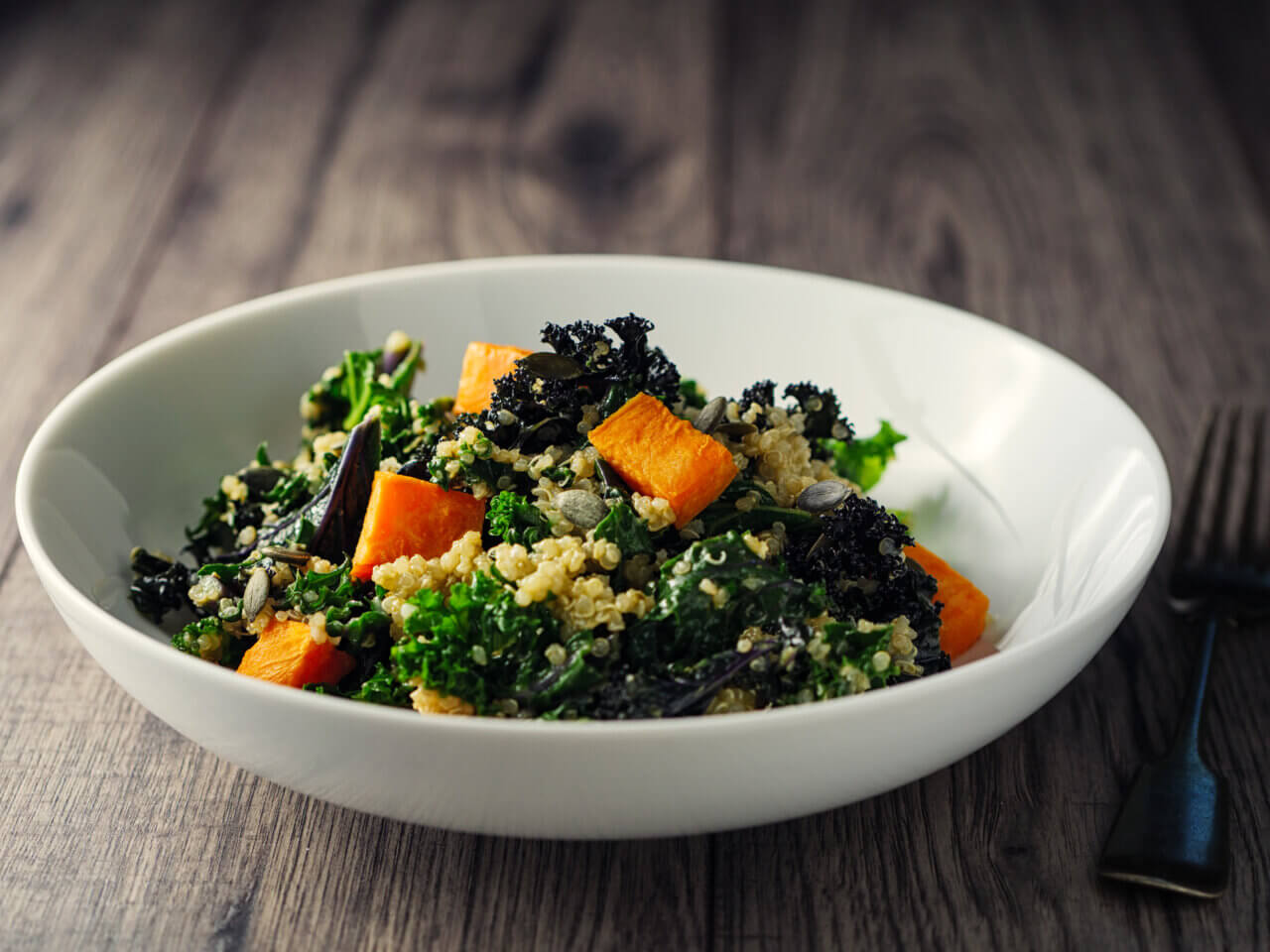7 Super Spring Foods

Welcome spring and all the wonderful foods it brings. Spring’s super foods offer exceptional taste and incredible nutritional benefits. Some of the best foods of spring include:
- Strawberries are loaded with antioxidants that help your skin repair damage caused by UV rays. Plus, they’re packed with vitamin C – the vitamin associated with fewer wrinkles and less dryness. Eat them plain or make strawberry shortcake.
- Greens. It’s salad season! Fresh greens, such as spinach, lettuce, and arugula, are filled with antioxidants, phytochemicals (that fight cancer), folic acid (important for pregnant women), iron and vitamin K.
- Asparagus. This wonderful spring vegetable is rich in folic acid. It also contains vitamin C and K, plus copper and iron. Pan-fry it, roast it or chop it up and steam and serve with pasta or seafood.
- Scallions. Scallions are rich in quercetin, an antioxidant that acts like an antihistamine – extremely important for seasonal allergy sufferers. Sprinkle raw scallions over cooked dishes or add raw scallions to salads and salsas.
- Radishes. Radishes are extremely nutritious, containing nearly a third of your recommended daily amount of vitamin C. Eat radishes with broccoli. Radishes contain an enzyme called myrosinase, which boosts your body’s absorption of the cancer-fighting compounds found in broccoli. And don’t neglect the leaves! Radish leaves contain more vitamin C, calcium and protein than radishes themselves. Toss the leaves into a pesto, stir-fry or your next smoothie.
- Eggs are rich in choline (a nutrient that helps keep cells and nerves working normally), cholesterol, vitamin A, vitamin E, and Omega-3s. Serve them scrambled, soft-boiled or toss the yolks in smoothies or salad dressings
- Fish: Fish contains omega-3 fatty acid, which lowers your risk of heart disease, helps alleviate arthritis and may be able to help with Alzheimer’s and memory loss. Wild cold-water fish such as salmon, herring, sardines, and mackerel have the highest levels of omega-3s. Have at least two or three servings each week.



